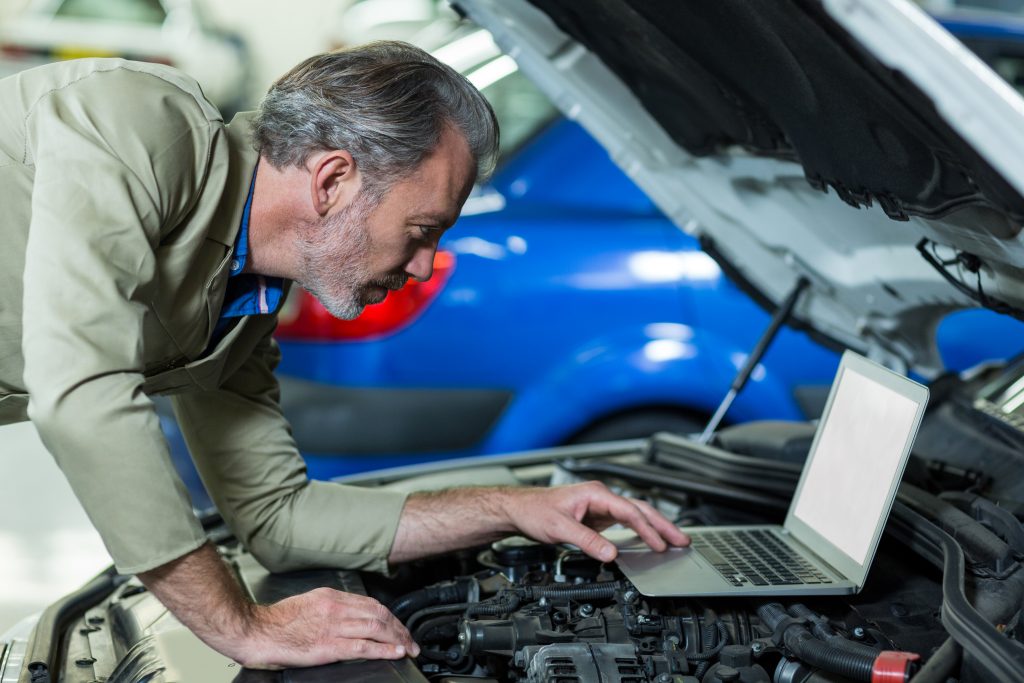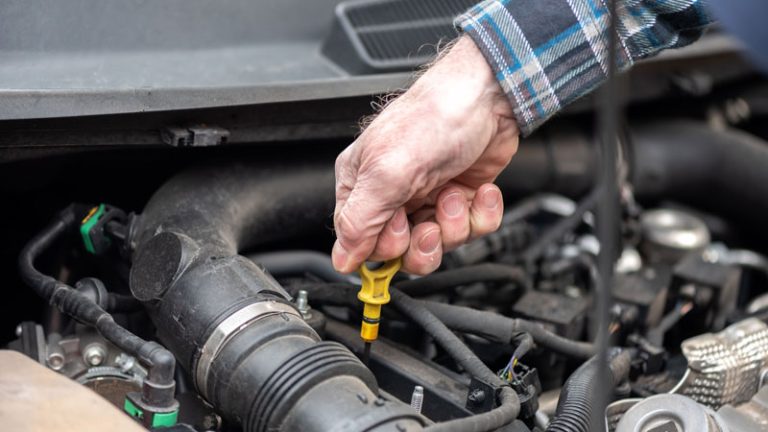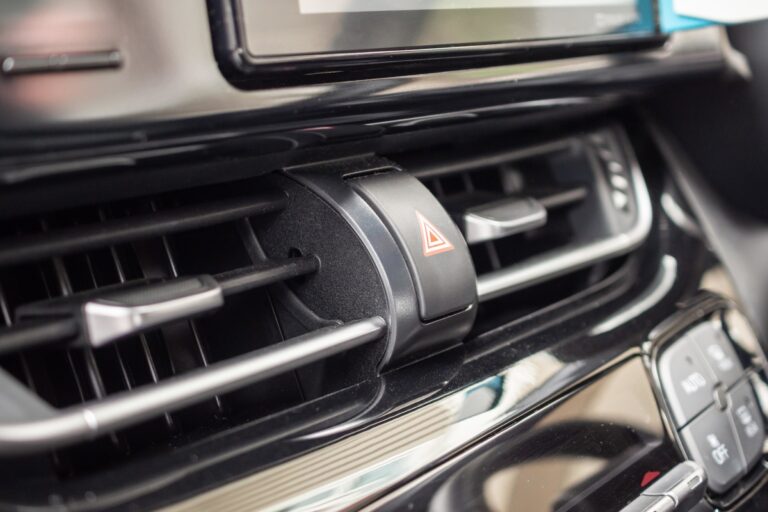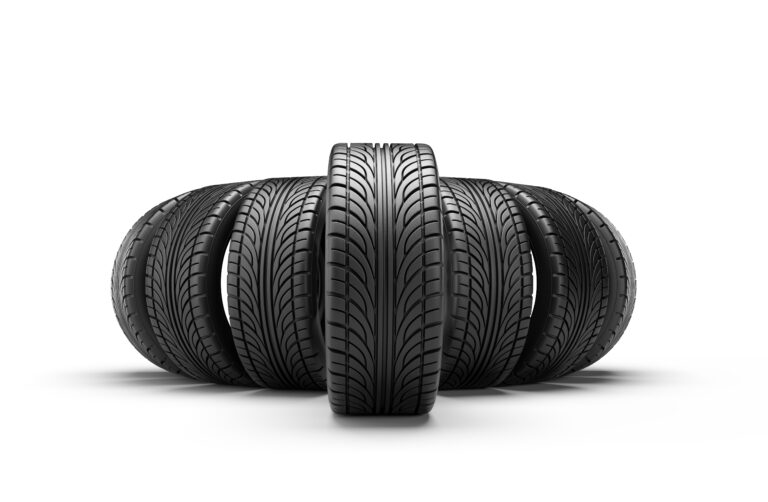n the world of automobiles, the dreaded “Check Engine” light can be a source of anxiety for many drivers. When that ominous light illuminates on your dashboard, it’s natural to wonder what’s wrong with your vehicle and how much it will cost to fix it. But fear not! In this comprehensive guide, we will provide you with invaluable insights and expert tips for ensuring inspection success even with that pesky Check Engine light on.

Tips for Ensuring Inspection Success with a Check Engine Light On
Understanding the Check Engine Light
Before diving into the specifics, let’s demystify the Check Engine light. It’s your car’s way of communicating that there may be a problem with its internal systems. Understanding this warning indicator is crucial for a successful inspection.
Regular Maintenance Matters
Proper and regular maintenance is your first line of defense. Addressing issues promptly can prevent them from escalating and improve your chances of passing inspection.
Diagnostic Trouble Codes (DTCs) Decoded
Modern vehicles are equipped with onboard diagnostics that generate trouble codes when a problem is detected. Learn how to decode these DTCs to pinpoint the issue accurately.
Choose a Certified Mechanic
When your Check Engine light is on, don’t just trust any mechanic. Seek out a certified professional who specializes in diagnosing and repairing the specific issue at hand.

Fixing Common Check Engine Light Causes
Oxygen Sensor Replacement
A faulty oxygen sensor is a common culprit behind the Check Engine light. Discover how replacing it can lead to a smoother inspection.
Tighten or Replace the Gas Cap
Believe it or not, a loose or damaged gas cap can trigger the Check Engine light. Learn how to address this simple issue effectively.
Addressing Ignition Coil Problems
Ignition coil issues can affect your engine’s performance and lead to inspection failures. Explore ways to diagnose and fix these problems.
Essential Systems and Components
Emission System Checks
Understanding your vehicle’s emission system is crucial. We delve into the key components and how they impact inspections.
Engine Oil Levels
Proper engine lubrication is essential. Discover how maintaining the right oil levels can help you pass inspections.
Air Filter Inspection
A clean air filter not only improves engine performance but can also influence inspection results. Learn when and how to replace it.

Tips for Ensuring Inspection Success with a Check Engine Light On
In this section, we’ll provide additional tips and strategies for ensuring your inspection goes smoothly despite the Check Engine light.
- Keep a Maintenance Log: Document all repairs and maintenance activities. This demonstrates your commitment to vehicle upkeep.
- Drive Your Vehicle: Most vehicles require some time to reset after repairs. Drive your car for a few days before heading to the inspection station.
- Seek a Second Opinion: If you’re unsure about the diagnosis or repair cost, don’t hesitate to get a second opinion from another mechanic.
- Clear the Codes: After resolving the issue, clear the diagnostic trouble codes before inspection to ensure the Check Engine light remains off.
- Research Inspection Requirements: Familiarize yourself with your state’s inspection requirements to know what to expect during the process.
- Stay Informed: Keep up with the latest automotive trends and technologies to better understand your vehicle’s needs.
FAQs
Q: Can I drive with the Check Engine light on?
A: While you can drive with the light on, it’s advisable to address the issue promptly to prevent further damage.
Q: How much does it cost to diagnose a Check Engine light?
A: Diagnostic costs vary but typically range from $50 to $100. Actual repair costs depend on the issue.
Q: What if my car fails the inspection?
A: If your vehicle fails, you’ll need to address the issues and retest it. Some states offer waivers or extensions for repairs.
Q: Are there free diagnostic tools available?
A: Yes, some auto parts stores offer free code scanning services. However, it’s recommended to have a certified mechanic interpret the results.
Q: Can I disconnect the battery to turn off the Check Engine light temporarily?
A: While disconnecting the battery may reset the light, it won’t address the underlying issue. It’s best to diagnose and fix the problem.
Q: Are there emissions exemptions for older vehicles?
A: Some states offer exemptions or less stringent requirements for older vehicles. Check your state’s regulations for details.
Conclusion
Successfully navigating an inspection with a Check Engine light on is achievable with the right knowledge and approach. By understanding the warning signs, addressing common issues, and following our expert tips, you can increase your chances of passing inspection, saving both time and money.






